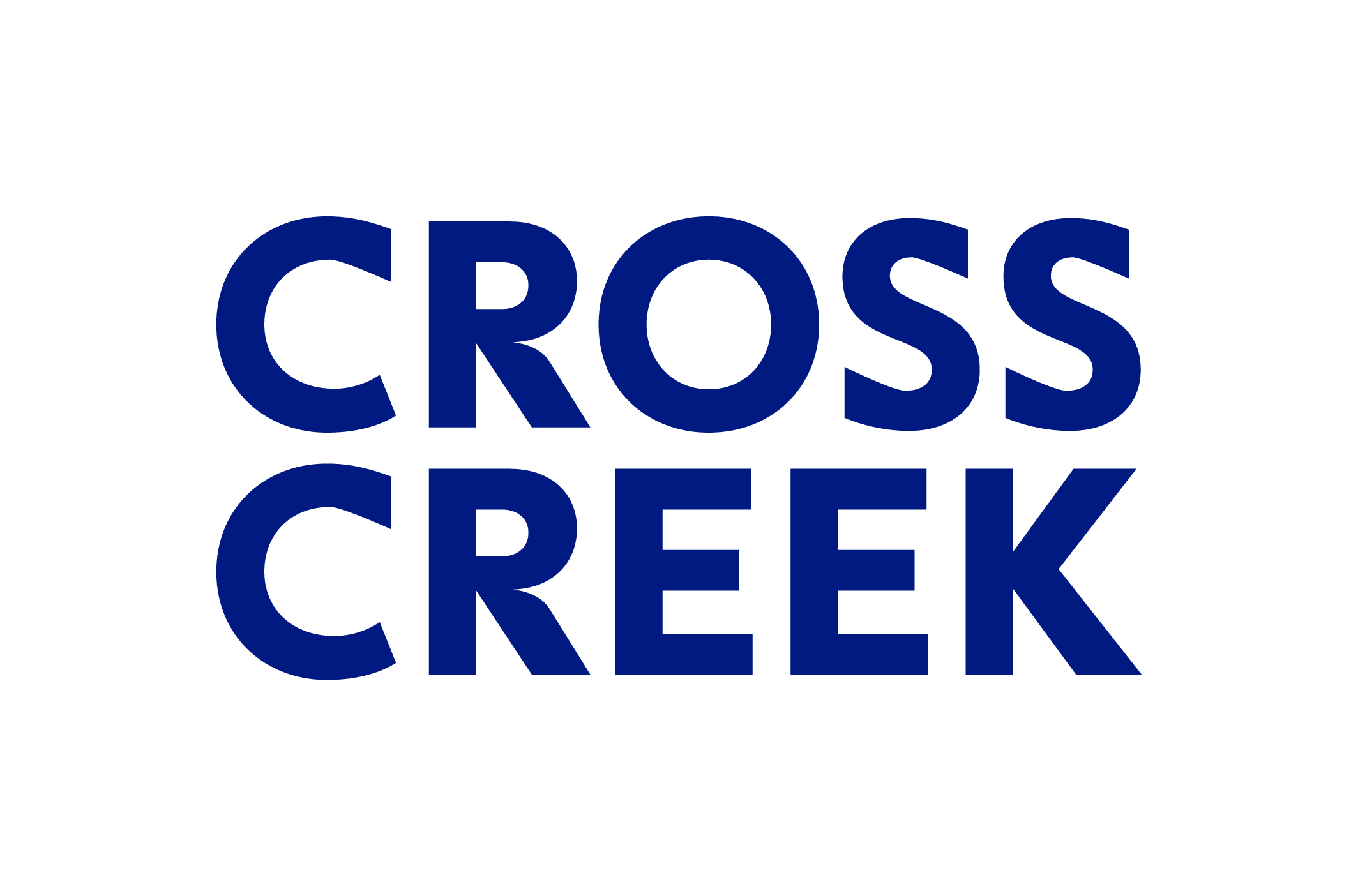M&A Amid the COVID Economy
Almost four months after the initial shockwaves of COVID-19, we have seen the world go from a near economic standstill to a slow restart. With this revival, M&A activity has picked-up especially this last week. The headlines have been exciting with Lululemon announcing the acquisition of the workout-from-home company Mirror ($500M), MasterCard acquiring fintech Finicity ($825M), Amazon acquiring the autonomous car start-up Zoox (~$1.2B), and rumors swirling of an Uber and Postmates merger.
In the first half of 2020, all North American M&A activity with transaction values greater than $250M totaled $226B down dramatically from the first half of 2019 where we saw $1T in M&A. Most notably, health care, information technology (IT), and energy have been the industries with the most significant slowdowns. It is understandable amid COVID-19 and a global oil shock that M&A in health care and energy markets would slow down significantly. Surprisingly, we have not seen more M&A in IT as the world scrambles to accelerate digital transformation initiatives in the new COVID economy. We have seen some action when Cisco announced the acquisition of ThousandEyes, a network monitoring company.
Perhaps we will see non-tech companies emerge as aggressive buyers of technology companies as they try to retool for the COVID economy? Or maybe we will see forced consolidation in the gig economy as COVID pushes these business models to the brink? As we ask ourselves the question, why hasn’t there been more IT-related acquisitions; we realize this is likely a result of near record-high multiples in the face of an uncertain economy. While we cannot predict the future, many public companies and private equity funds seemingly have sizable cash war chests and appear to be thinking outside the box with M&A targets.
This material is presented for informational purposes only and should not be construed as investment advice. It is not a recommendation of, or an offer to sell or solicitation of an offer to buy, any particular security, strategy or investment product. Any analysis or discussion of investments, sectors or the market generally are based on current information, including from public sources, that we consider reliable, but we do not represent that any research or the information provided is accurate or complete, and it should not be relied on as such. Our views and opinions expressed in any website content are current at the time of publication and are subject to change. Past performance is not indicative of future results.

